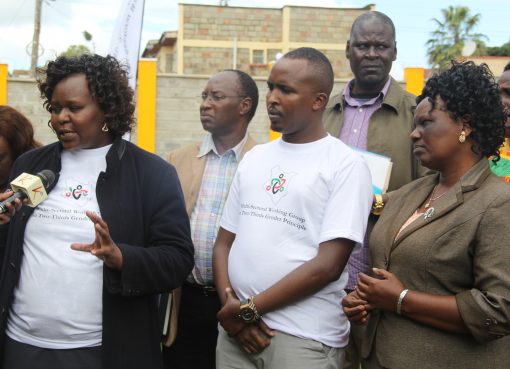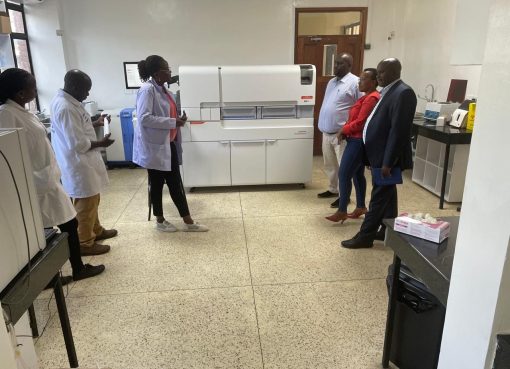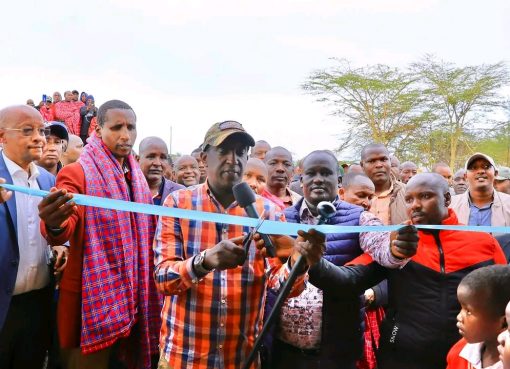The National Irrigation Authority (NIA) has secured Sh.3 billion in support from the Japan International Cooperation Agency (JICA) to rehabilitate the Ahero Irrigation Scheme in Kisumu County.
Through the support, dilapidated irrigation infrastructure is set to be replaced with technical support given to farmers to scale up rice production.
NIA Western Schemes Manager Ken Ouma said a team from JICA was on the ground conducting a feasibility study and technical survey ahead of the planned rehabilitation.
The exercise, which is expected to be concluded in the year 2025, he said, will set in motion the planned renovation works to make the scheme vibrant and productive.
This, he said, is going to be the first major rehabilitation to be done under the scheme, which was established in 1969.
Over the years, he said the scheme’s irrigation infrastructure has been destroyed by perennial floods affecting operations.
NIA, he added, was upbeat about the partnership with JICA, adding that the rehabilitation will address the inefficiencies affecting operations at the scheme.
Ahero and West Kano irrigation schemes, he said, have a lot of potential in rice production, which has, however, been hampered by inadequate resources.
With proper infrastructure in place, he added that the NIA plans to expand land under irrigation in the area to boost rice production.
Appearing before the Parliamentary Committee on Blue Economy, Irrigation, Water, and Sanitation, Ouma said the agency was banking on the completion of the Koru-Soin irrigation dam to open up an additional 10,900 hectares.
This, he said, will not only boost food security but also see farmers earn up to Sh.6 billion from rice at the scheme annually.
Currently, the scheme boasts 10,810 acres, with over 30,000 farmers producing 22,000 metric tonnes of rice annually.
The scheme obtains its water from the River Nyando through a pump-fed irrigation system, which is then distributed to the farms through canals.
The completion of the Sh19.8 billion Koru Soin dam, he said, will contribute to the sustainability of the scheme by providing for its transition from a pump-fed to a gravity-fed irrigation system and, at the same time, controlling flooding.
The implementation of the Koru Soin Multi-Purpose Dam will also contribute to the sustainability of the scheme by providing for its transition from a pump-fed to a gravity-fed irrigation system and controlling flooding in the scheme by taming the River Nyando and its streams.
According to Ouma, the electricity bill is one of the biggest challenges affecting the operation of the scheme.
“We are faced with a huge electricity bill burden. The farmers pay Sh. 3,100 per acre per season, which translates to about Sh. 7.2 million, which is hardly enough to foot the bill, let alone meet other operation costs at the scheme,” he said.
To address the challenge, NIA has partnered with the government of Hungary, which has expressed interest in setting up a solar power station at the scheme.
This, he said, will provide a hybrid system where solar and electricity shall be used interchangeably to pump water into the scheme, thus lowering the electricity bill burden.
With the interventions in place, he added that the scheme plans to roll out an elaborate crop intensification drive to boost food security and empower farmers economically.
Among the crops being considered, he said, are soybeans, watermelon, maize, tomatoes, sorghum, and cowpeas.
By Chris Mahandara





